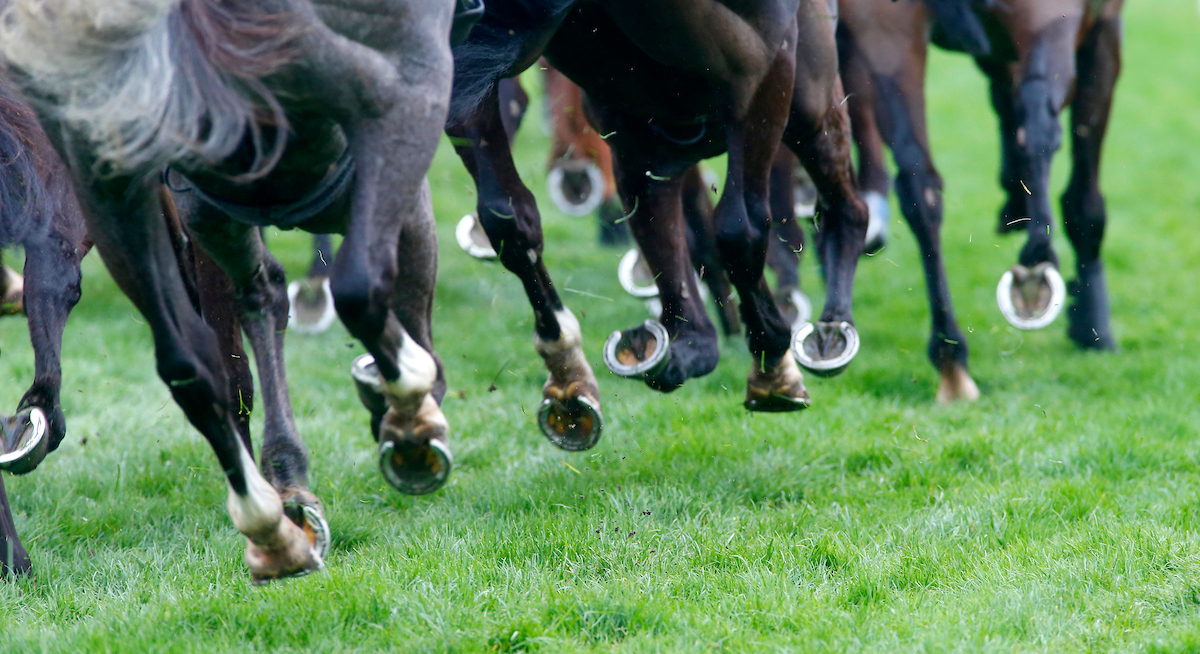
The British Horseracing Authority (BHA)’s cross-industry Veterinary Committee – in conjunction with the British Equine Veterinary Association (BEVA) – has today approved a proposal regarding the vaccination schedule for equine influenza in British racehorses. The move has been made in order to help trainers, owners and vets tackle the significant logistical challenges caused by the coronavirus pandemic, and provide clarity for all.
During the remainder of 2020, for a horse to be eligible to compete in Britain it will be necessary to have received an approved equine influenza vaccination within the last 12 months, instead of the existing nine-month requirement. The 12-month approach reflects the policy that was in place in Britain prior to 2019.
The existing BHA policy that vaccinations must have taken place within the last nine months is an interim policy pending a full industry consultation on what the permanent protocol should be. However, the Veterinary Committee, BEVA and the BEF are in agreement that because of the movement restrictions currently in force, the levels of immunity in this population developed as a result of the intensive vaccination activity over the last 12 months, and the fact that there have been no reported equine influenza cases in the horse population in the UK this year, the move to the old vaccination protocol does not represent a significant risk for the remainder of 2020.
The reason for this change is to simplify the advice to owners, trainers and vets no matter how long the effect of COVID-19 impacts on equestrian sports and veterinary activities. It gives trainers and vets clear direction for the rest of the year and allows them to plan their vaccination schedules with certainty. It also reflects the difficulties for trainers and vets in administering vaccinations while restrictions on movement and human contact are in place and allows for the racing herd to return to full activities as soon as possible once racing resumes.
In order to continue to best protect the racing industry from the effects of equine influenza it is suggested that, where possible, the current nine-month regulations are adhered to. However, given the current COVID-19 government requirements it is clear that this will not always be achievable, and provided that a horse has had an approved vaccination within the last 12 months it will remain eligible to compete when racing resumes.
The initial vaccination intervals for primary vaccinations and booster vaccinations will also reflect the protocols that were in place under the old 12-month protocols.
The change to the policy is currently in place for 2020 only. The Veterinary Committee will continue to monitor the situation and make further recommendations when necessary. Previously the BHA had announced its intention to hold a consultation in 2020 on permanent changes to the vaccination protocols. This consultation will be temporarily delayed while resources are dedicated to managing the coronavirus outbreak, but will be carried out as soon as is practicable.
Notes to Editors:
The British Horseracing Authority (BHA)’s Veterinary Committee advises on all veterinary matters affecting racing and the health and welfare of racehorses. It contains representatives of the BHA, Association of Racecourse Veterinary Surgeons (ARVS), British Equine Veterinary Association (BEVA), National Trainers Federation (NTF), Racehorse Owners Association (ROA), Animal Health Trust (AHT), Thoroughbred Breeders Association (TBA), Racecourse Association (RCA) and Independent expertise.
BEVA is a world leading equine veterinary association committed to championing high standards of equine health and welfare. We advance the veterinary and allied sciences, promote scientific excellence and educate equine veterinary professionals throughout the world. More information: https://www.beva.org.uk/About-BEVA
